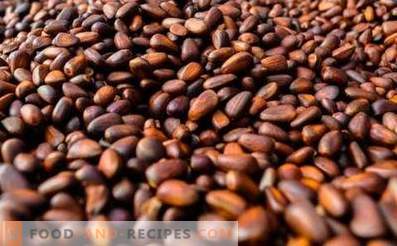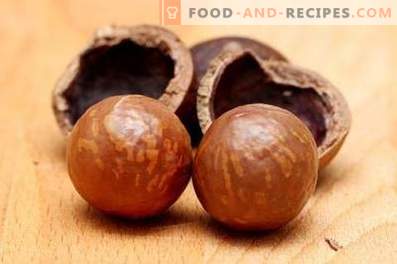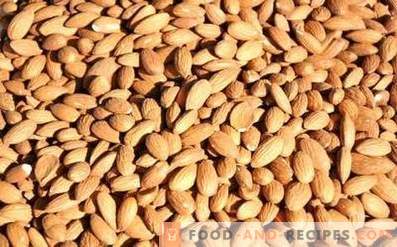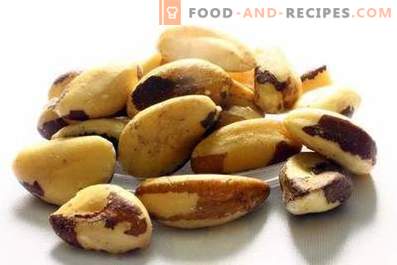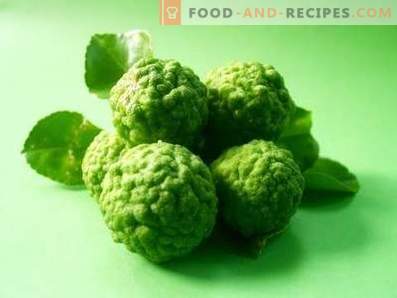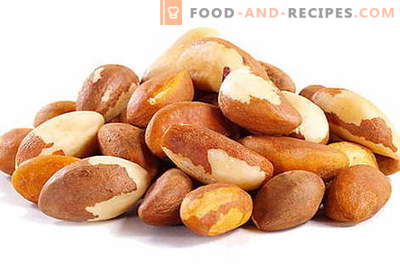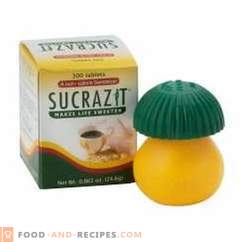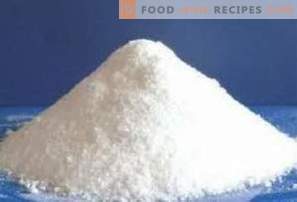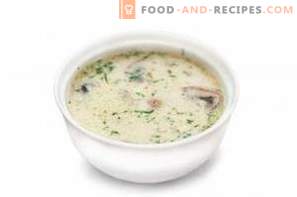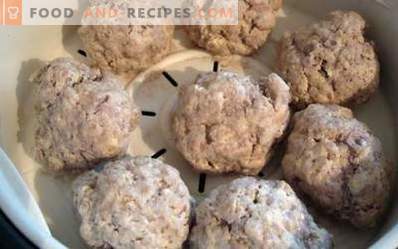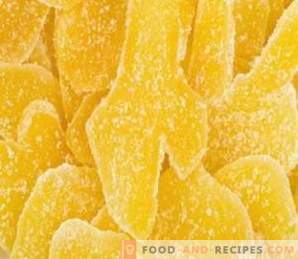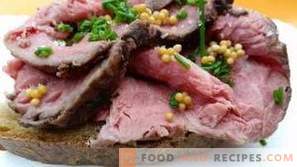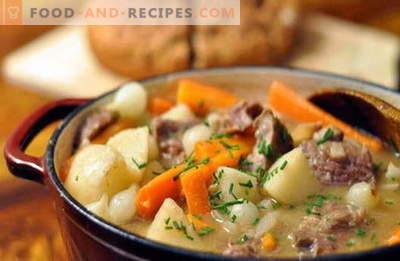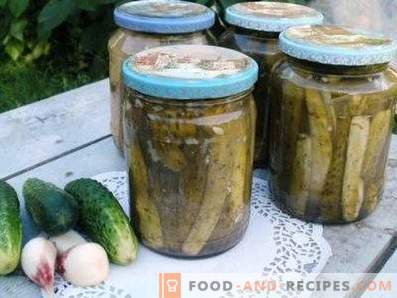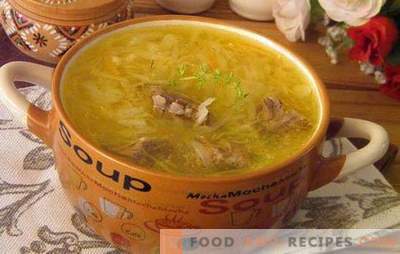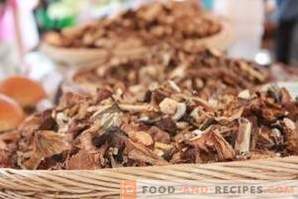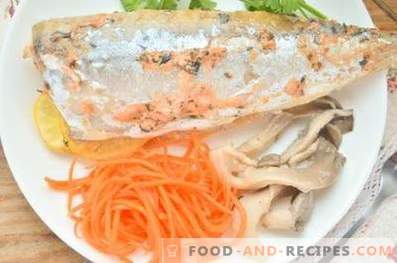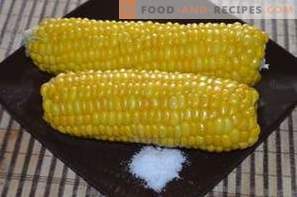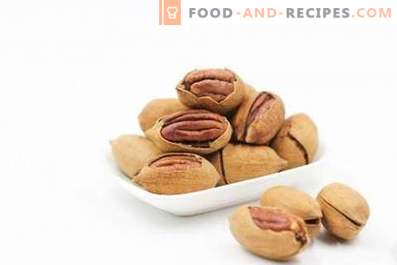
Pecan is a deciduous tree of the Walnut family. The native land of this plant is North America: the indigenous people of the continent for many centuries considered its fruits a key component of their diet. At present, this culture is widespread in the southeastern United States, in the Caucasus, in the Crimea, and in Central Asia.
Pecan is a fairly large woody plant, reaching a height of 55 meters. A powerful tree trunk covers the fissured bark of a grayish-brown color. Spreading large crown of the plant has a tapped, ovoid or spherical shape.
Pecan leaves look like ash trees. Complicate pinnate leaflets, reaching 50 cm in length, consist of 11-17 bright green elongate-lanceolate leaflets. Pecan is a monoecious plant: male (multi-colored drooping earrings) and female (sessile, collected from 3-11 pieces in glume inflorescences) flowers can simultaneously develop on one tree. In favorable conditions, flowering of representatives of this species continues from May to June.
Pecan fruits are elongated tetrahedral pseudo-pitted, reaching 27 mm in width and 83 mm in length. On top, each nut is covered with a fleshy, leathery pericarp, hardening and cracking during ripening. Under the skin there is a thin brown nutshell that hides an oily, light beige core beneath. Fruits ripen only by mid-autumn.
Pecans have excellent taste. The fruits of this culture are consumed in food fresh, dried and fried, used to prepare fruit or vegetable salads, pastries, confectionery and vegetable oil, vaguely reminiscent of the smell and taste of olive. Along with this, pecan nuts are used in traditional medicine.
Nutritional value of pecan fruits and vitamins in their composition
Nutritional value pecan nut (100 g):
- 9, 117 g of proteins;
- 71, 981 g of fat;
- 13, 779 g of carbohydrates;
- 0, 459 g of dextrins and starch;
- 3, 967 g of sugars;
- 0.981 g of omega-3 fatty acids;
- 20, 618 g of omega-6 fatty acids;
- 9, 577 g of fiber;
- 1, 488 g of ash;
- 3, 498 g of water.
Vitamins in pecans (100 g):
- 0, 859 mg of pantothenic acid (B5);
- 21,894 μg of folate (B9);
- 1, 166 mg of vitamin PP;
- 2, 998 μg of retinol equivalent (A);
- 0, 654 mg of thiamine (B1);
- 1, 378 mg of alpha-tocopherol, TE (E);
- 0, 028 mg of beta-carotene;
- 0, 206 mg of pyridoxine (B6);
- 3, 471 mcg of phylloquinone (K);
- 0, 129 mg of riboflavin (B2);
- 0, 683 mg betaine;
- 1, 089 mg of ascorbic acid (C);
- 40, 489 mg of choline (B4).
Calories of Pecans
- Calories of pecans (100 g) - 690, 814 kcal.
- Calories per pecan (4 g) - 27, 633 kcal.
- The caloric content of pecan nut butter (100 g) is 883, 376 kcal.
Micro and macronutrients in pecans
Macroelements per 100 g of pecan fruit:
- 409, 611 mg of potassium;
- 276, 116 mg of phosphorus;
- 120, 583 mg of magnesium;
- 69, 799 mg of calcium.
Trace elements per 100 g of pecan fruit:
- 3, 719 mkg of selenium;
- 2, 519 mg of iron;
- 9, 616 μg of fluorine;
- 1198, 547 μg of copper;
- 4, 521 mg of zinc;
- 4, 484 mg of manganese.
Useful Properties of Pecans
- Pecans are the richest natural source of vitamin E, which is a powerful antioxidant. Regular consumption of these fruits helps to slow down the processes associated with aging of the body, reducing the risk of cancer.
- Substances contained in pecans have a tonic effect. Nutritionists and traditional healers advise people who have been diagnosed with chronic fatigue syndrome to include them in their diet as often as possible.
- Regular consumption of pecans for food avoids vitamin deficiency.
- Substances found in pecan kernels stimulate the digestive tract, accelerate the digestive processes, thereby increasing appetite.
- Daily consumption in food of 2-3 pecan fruits effectively reduces the concentration of cholesterol in the blood and prevents the risk of atherosclerosis.
- Daily consumption of pecan nuts increases the level of testosterone in the blood, normalizes the reproductive system in the stronger sex.
- Vitamins and other beneficial compounds found in pecan nuts, normalize the work of the blood system. Persons suffering from anemia and other blood diseases, it is recommended to include 2-3 fruits of this plant daily in the diet.
- Pecans are the richest source of plant-based proteins. Nutritionists recommend vegetarians and people who are forced to abandon meat and dairy products due to the presence of medical contraindications, as often as possible include them in the diet.
- Substances contained in pecan kernels strengthen the walls of capillaries and make them more elastic, have a beneficial effect on the work of the heart muscle. The inclusion of 2-3 fruits of this plant in the daily diet reduces the risk of heart attack and other cardiological diseases.
- Substances contained in pecans accelerate metabolic processes.
- Carotene and other compounds found in pecans improve the functioning of the visual apparatus, slow down age-related changes in it, increase visual acuity.
- Substances contained in pecans promote the removal of poisons and toxins from the body.
Useful properties of pecan butter
- The oil obtained from pecans brings invaluable benefits to the elderly and those who have undergone complex surgical interventions or debilitating diseases. Substances found in its composition, activate regeneration processes, contribute to the strengthening of immunity, protect the body from infections.
- Oil squeezed from pecan nuts is recognized as an effective anti-sunburn agent.
- Pecan nut butter replaces standard massage oil.
- In cosmetology, oil obtained from pecans is used as a moisturizing and rejuvenating agent for any type of skin. In addition, based on it, they prepare nourishing masks for brittle, damaged hair.
Contraindications and harm to pecan
- Pecan fruit is a potential allergen. Persons who have previously been allergic to any nuts should stop using them.
- It has been proven that the body can absorb no more than 90 grams of pecans in one go. Exceeding this dose may trigger the development of allergic reactions, the appearance of problems with digestion.
- Pecans are very high-calorie fruits. Uncontrolled consumption of them in food leads to obesity.
- The relative contraindications to the consumption of pecan nuts in food are dermatological diseases and a tendency to constipation.
- Pediatricians do not recommend including pecans in the diet of children under 3 years old: this product is too heavy for the child's digestive system.
- During pregnancy it is necessary to limit the consumption of pecans to 2-3 fruits per day. Failure to comply with this requirement increases the risk of nut allergy in the newborn baby.

